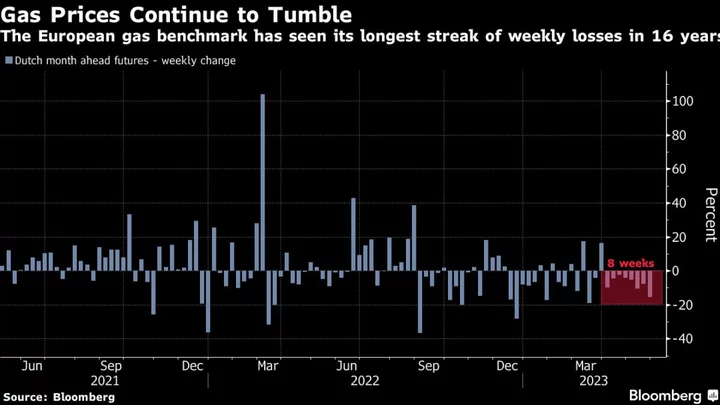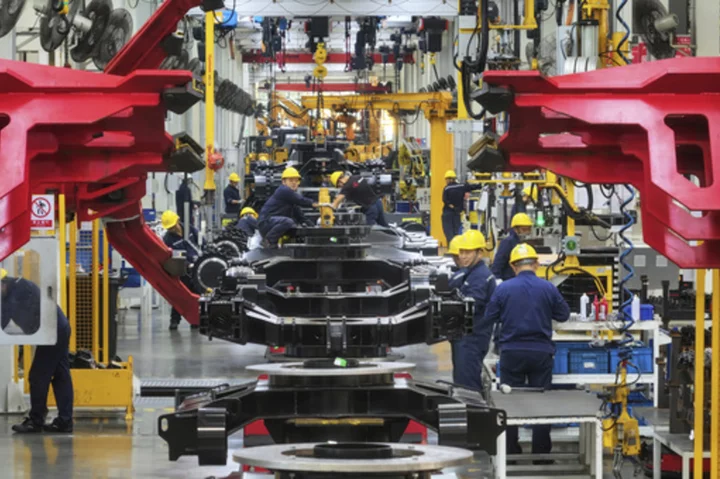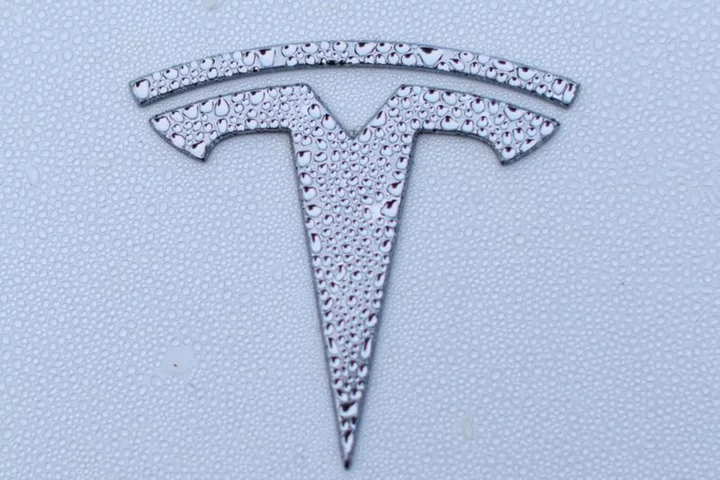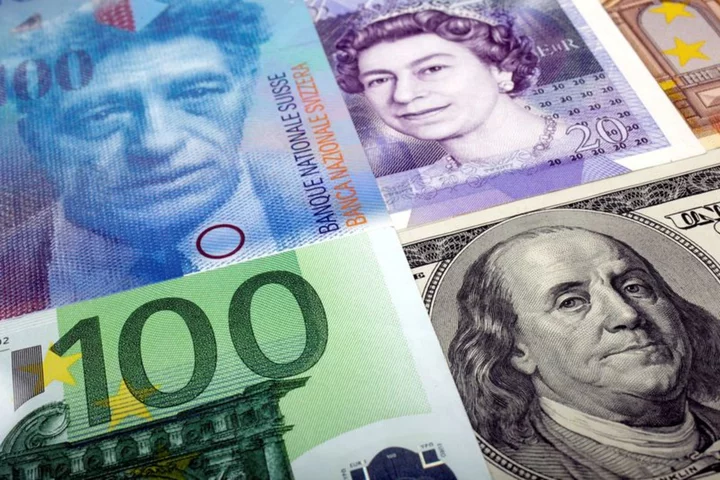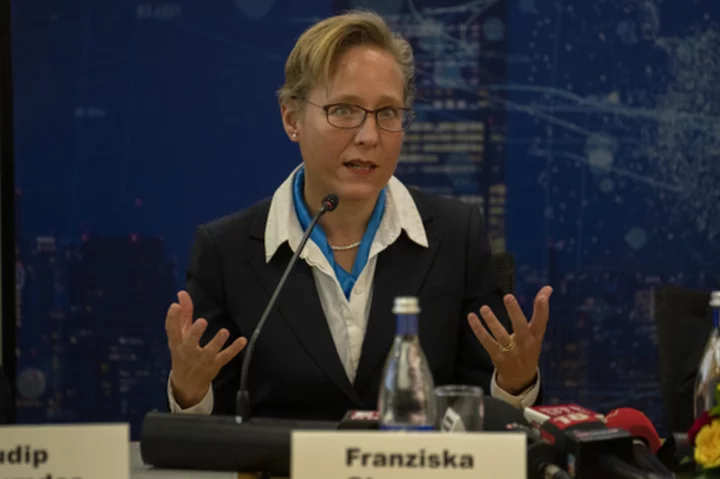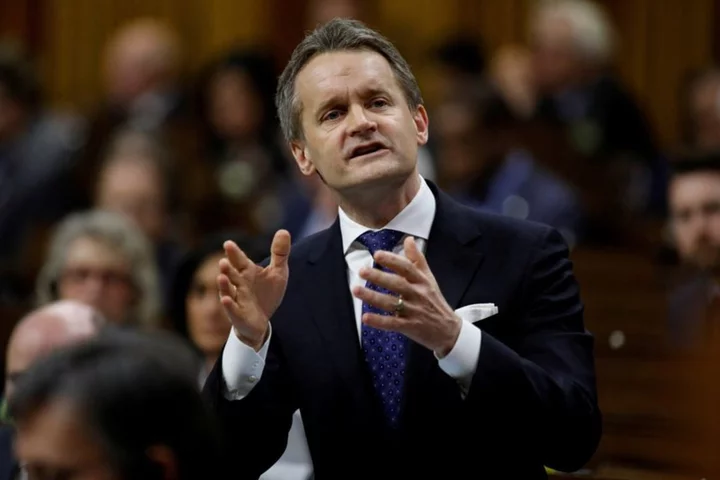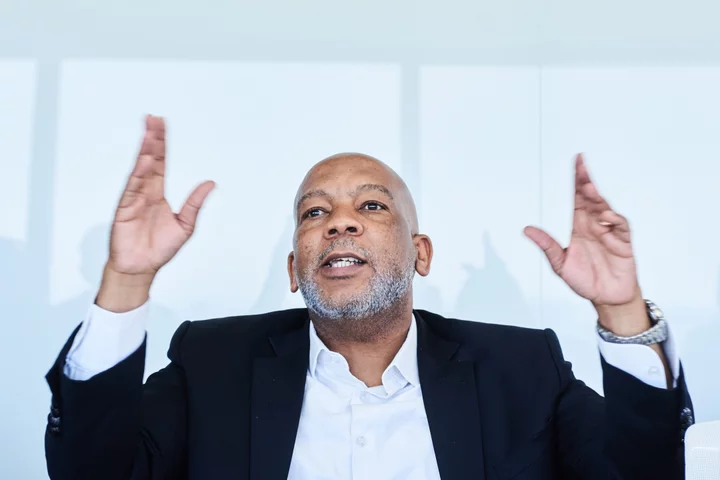European natural gas prices are heading for their longest run of weekly declines since 2007, with demand proving stubborn to return as the economy shows few signs of a meaningful recovery.
Benchmark futures tumbled as much as 4.7% on Friday before paring losses, putting them on track for an eighth consecutive week of declines and extending this year’s slump to more than 66%. The dramatic weeks-long fall comes after industries have struggled to increase production amid persistent inflation and a gloomy economic backdrop.
The situation has raised concerns that some demand for gas might now be permanently lost or substituted after last year’s record prices hit manufacturers particularly hard. Fuller-than-average gas inventories, mild weather and an abundance of liquefied natural gas have also lowered demand, raising questions about how much lower prices can go before producers start curbing output.
Traders also are eyeing how lackluster demand could affect prices heading into winter. Europe will have difficulties absorbing September–October gas supply if the pace of injections remains quick enough to push the region’s inventories above 100 billion cubic meters by early September, according to Energy Aspects Ltd.
Germany, Europe’s biggest economy, endured its first recession since the start of the pandemic over the winter. China’s weaker-than-expected economic recovery is also weighing on prices, with the country’s biggest LNG importers noticeably absent from the spot market and are even offering to sell shipments, according to traders.
Dutch front-month gas, Europe’s benchmark, traded 0.4% lower at €25.34 per megawatt-hour by 11:18 a.m. in Amsterdam, after earlier reaching the lowest level since May 2021. The UK equivalent contract rose 1.1%. German power prices for next month were little changed.
--With assistance from Josefine Fokuhl.

